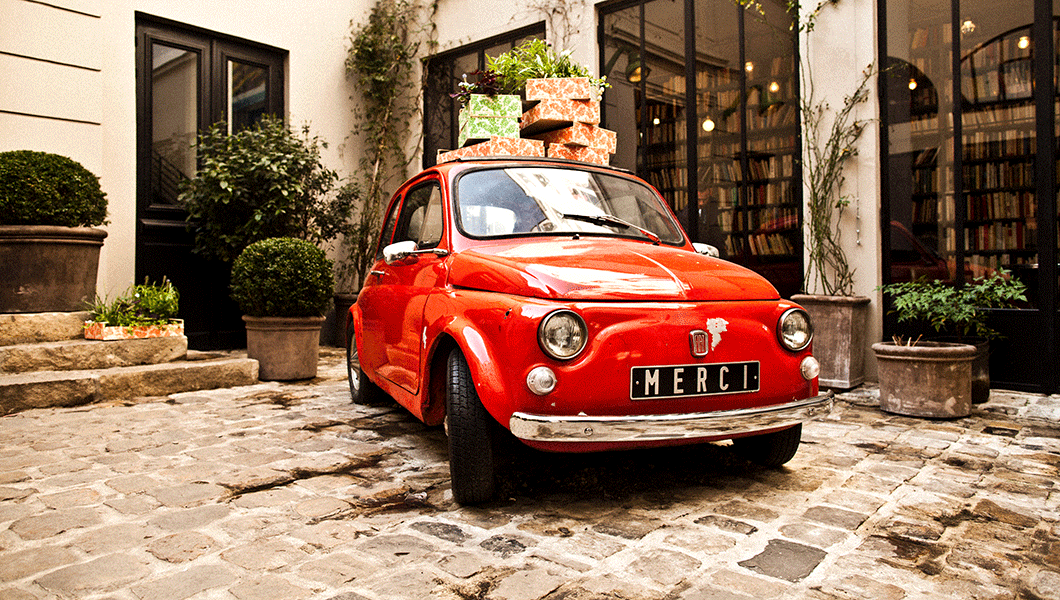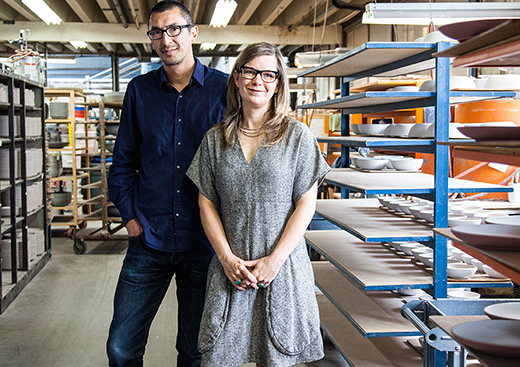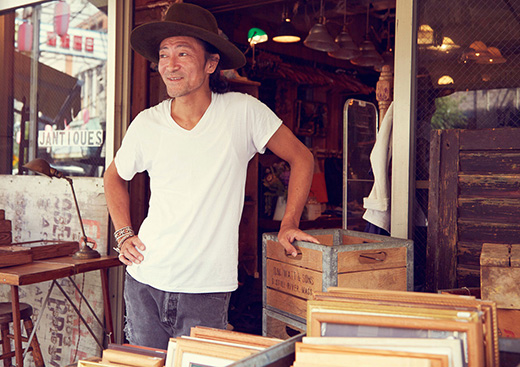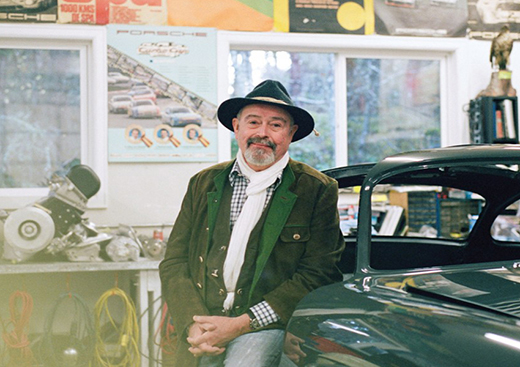Opened in March 2009 by husband-and-wife team Marie-France and Bernard Cohen (of the children’s brand Bonpoint), Merci is laid out like an attic in a beautiful 18th-century townhouse. The 16,000 square-foot store bursts with treasures such as impeccably selected secondhand books, stylish furniture, designer exclusives and rusting trunks erupting with vintage garments. Leisure spaces include a cinema café that shows cult classic and independent films and a gourmet restaurant renown for its fresh, local ingredients and, according to marketing director Jean-Luc Colonna, “the best fondant au chocolat in town.”
Parked outside is the shop’s “mascot,” a dinky, vintage Fiat 500 with precariously piled household items strapped to its roof as if it’s about to move a family and all their worldly belongings. Re-painted and dressed each season, the car is a nod to the economically developing world where transporting huge amounts of goods on small vehicles is an artform and to where 100 percent of Merci’s profits are directed, making it one of France’s first charity shops or magasin solidaires.
Since its launch, more than 194,000 euros have been raised for the Merci Foundation with 134,000 euros given to charities in Madagascar via French building association ABC Domino. Funds have been used to build a school in the rural area of Ankilimivony with UN standard canteens to provide 900 children with a meal a day.
Managing director Luc Zeltner says Merci conducts “very serious follow ups to see where the money goes,” and is keen to point out all Merci Foundation volunteers pay their own expenses such as travel fees. Although he doesn’t believe all retail must have a philanthropic approach, he admits it makes “the business more meaningful and purposeful for the people working in the company.”
This coming October’s fashion week will see a high luxcollaboration with Tiffany, Roger Vivier and Courrèges, and by early 2013, they hope to have launched an online store with editorial content to bring the Merci mission to a larger audience. They also hope to do more pop-up stores such as those previously opened in Milan and Tokyo.
The success of Merci has proved two things to Zeltner: “That there is no crisis for those who have a strong conviction. And that the world is a small place and if you put together the right proposition, even if you are located in a unknown boulevard without windows on the street, smart customers from all over the world will find you.”





